Lung Cancer
- Home
- Lung Cancer
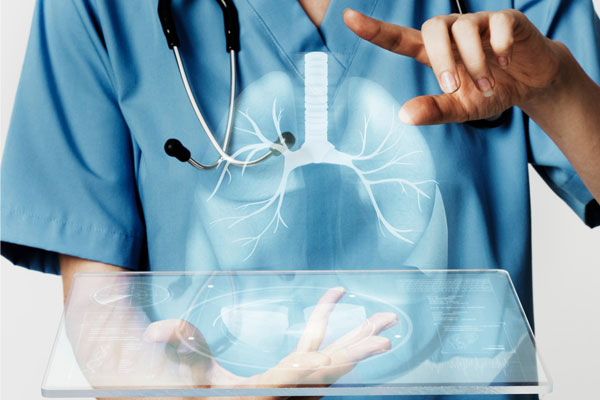
Overview
Non-small cell lung cancer is the most common type
The most common cause of lung cancer is smoking
Symptoms of lung cancer
Diagnosis of lung cancer
usually involves imaging tests such as chest X-rays, CT scans, and PET scans, as well as biopsies to confirm the presence of cancer cells. Once diagnosed, the stage of the cancer is determined to guide treatment decisions
Treatment modalities for Lung cancer Treatment in Chennai

Surgery

Chemotherapy
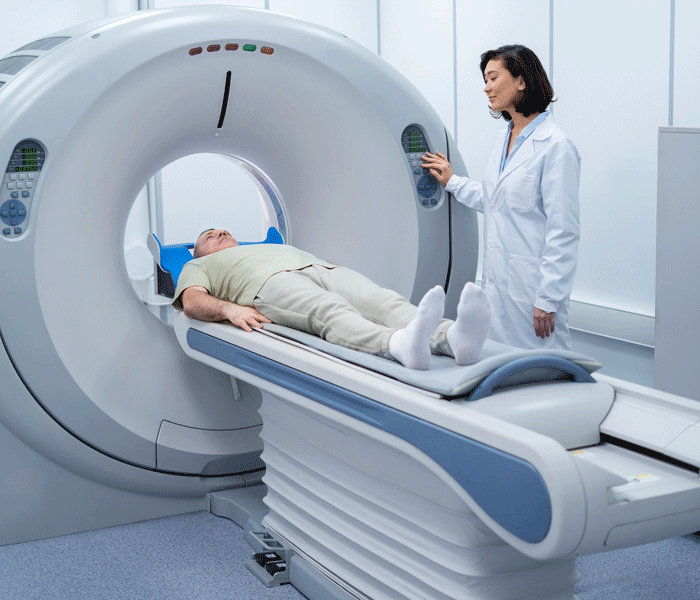
Radiation therapy
Radiation therapy uses high-energy beams to target and kill cancer cells. It can be used as a primary treatment for early-stage lung cancer or in combination with surgery or chemotherapy for more advanced stages. Radiation therapy may also be used to relieve symptoms in patients with advanced lung cancer. Radiotherapy techniques for lung cancer include IGRT, VMAT, SRT, etc .

Targeted therapy
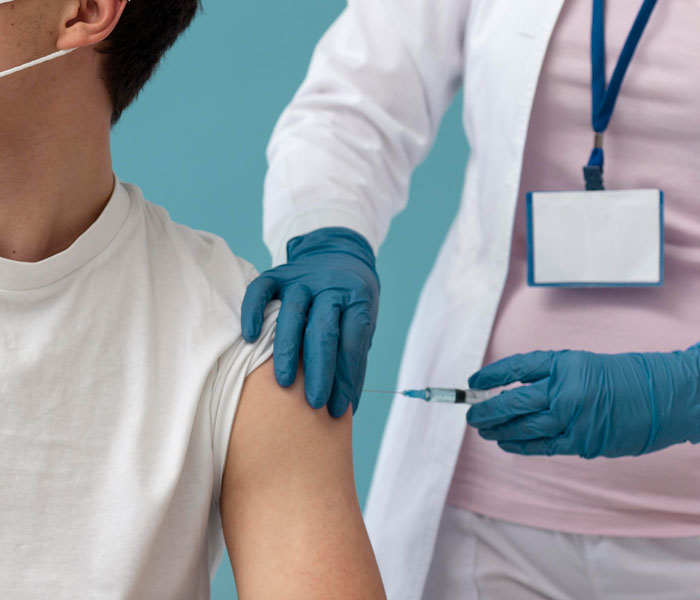
Immunotherapy
Immunotherapy works by boosting the body’s immune system to help it recognize and attack cancer cells. It has been a major advance in the treatment of certain types of lung cancer, particularly non-small cell lung cancer. Immunotherapy drugs called checkpoint inhibitors have shown promising results in some patients. Immunotherapy medications in Lung cancer include Nivolumab, Pembrolizumab, Atezolizumab etc.
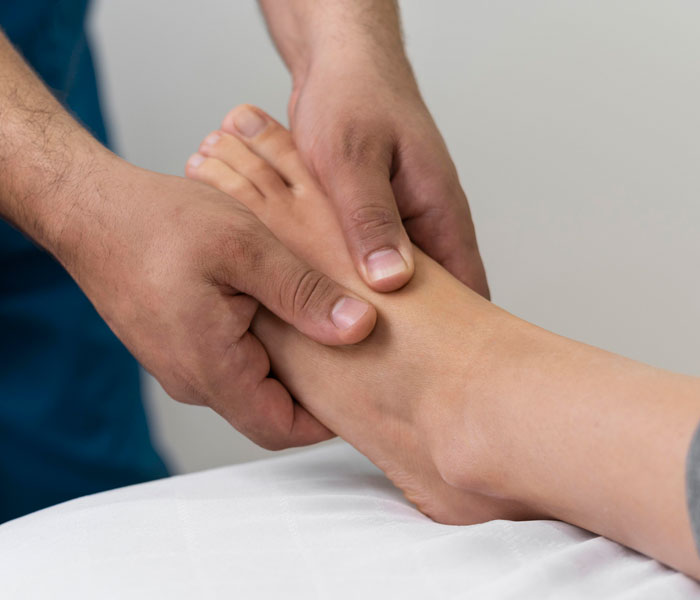
Combination therapy
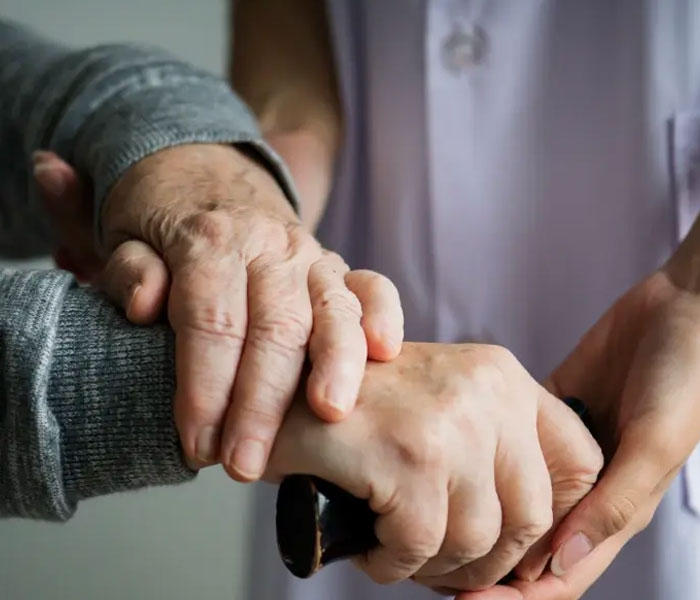
Palliative care
Palliative care focuses on improving the quality of life for patients with advanced lung cancer. It can help manage symptoms such as pain, shortness of breath, and fatigue, as well as provide emotional and spiritual support for patients and their families.
Lung Cancer Treatment in Chennai at ICCG India
ICCG India, a leading cancer care center in Chennai, offers world-class treatment options for lung cancer. Our team of experienced oncologists utilizes the latest advancements in medical technology to provide personalized treatment plans for each patient. We understand the emotional toll of a cancer diagnosis and offer comprehensive support services to help you navigate your treatment journey.



